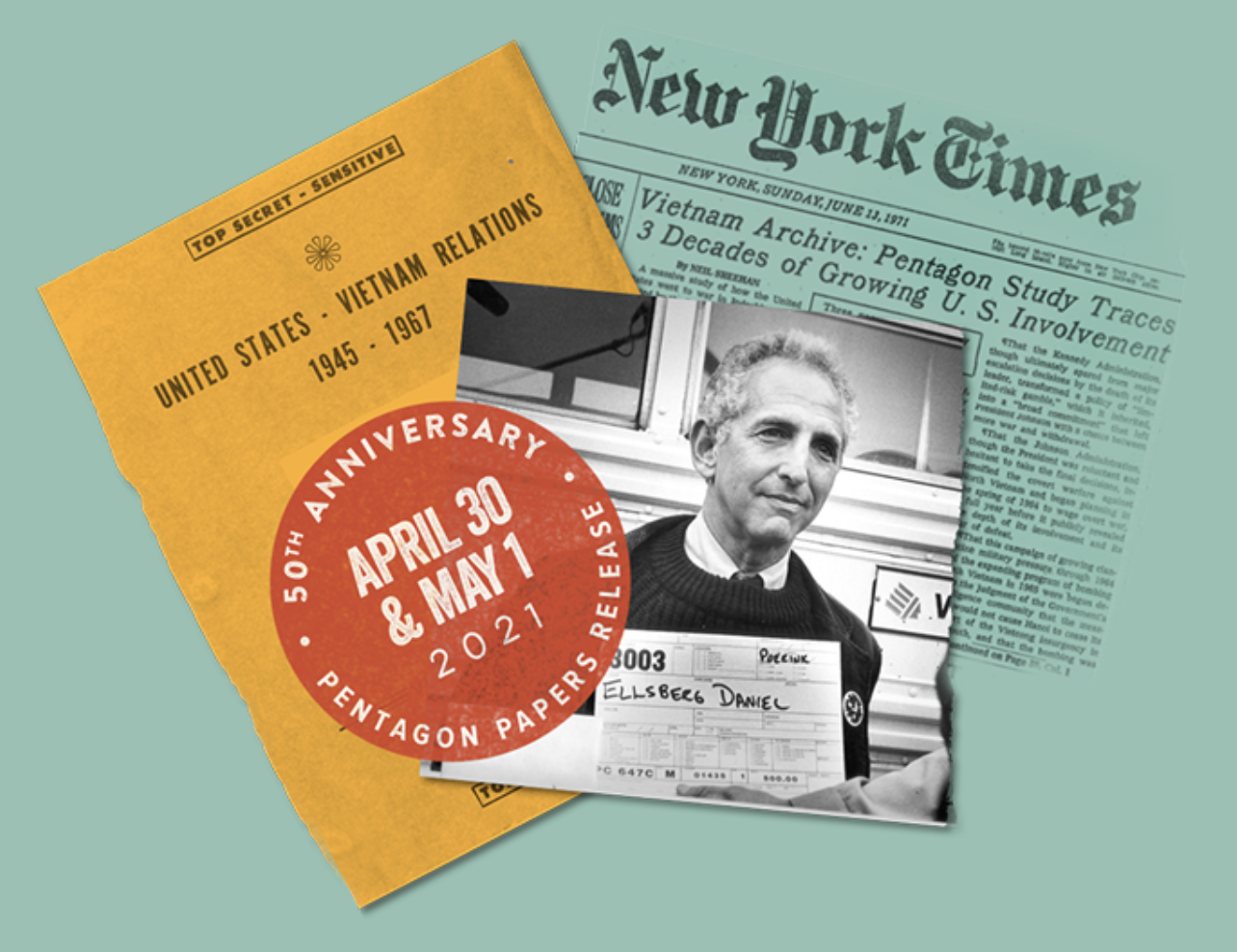Andrew Rice interviewed Daniel Ellsberg for a profile in New York Magazine.
Here are some passages:
“Keeping secrets was my career,” Daniel Ellsberg says. “I didn’t lose the aptitude for that when I put out the Pentagon Papers.” This might come as a shock, considering that the former Defense Department analyst is best known for leaking classified information nearly half a century ago, thus bringing about a landmark legal precedent in favor of press freedom and, indirectly, hastening the end of both the Vietnam War and the Nixon administration. But for many years, even as Ellsberg beat prosecution, became a peace activist, and wrote an autobiography titled Secrets, he still had something remarkable left to disclose….
The Doomsday Machine is being published at an alarmingly relevant moment, as North Korea is seeking the capability to target the United States with nuclear missiles, and an unpredictable president, Donald Trump, has countered with threats of “fire and fury.” Experts on North Korea say that the risk of a nuclear exchange is higher than it has been in recent memory. Ellsberg, as one of the few living members of the generation of theorists who devised our nuclear strike doctrines, has been grappling with such possibilities for much of his life. “It is kind of astonishing,” he says, “that people will put up with a non-zero chance of this happening.”….“It’s like living on Vesuvius — that’s what humans do,” Ellsberg said. “That’s why I think we’re likely to go.”…. Continue Reading


